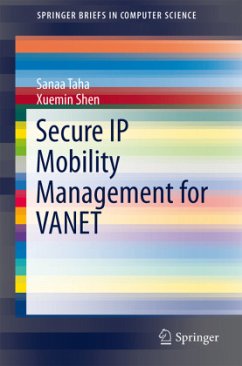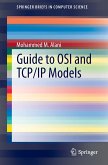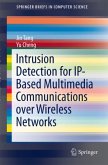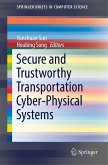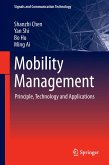This brief presents the challenges and solutions for VANETs' security and privacy problems occurring in mobility management protocols including Mobile IPv6 (MIPv6), Proxy MIPv6 (PMIPv6), and Network Mobility (NEMO). The authors give an overview of the concept of the vehicular IP-address configurations as the prerequisite step to achieve mobility management for VANETs, and review the current security and privacy schemes applied in the three mobility management protocols.
Throughout the brief, the authors propose new schemes and protocols to increase the security of IP addresses within VANETs including an anonymous and location privacy-preserving scheme for the MIPv6 protocol, a mutual authentication scheme that thwarts authentication attacks, and a fake point-cluster based scheme to prevent attackers from localizing users inside NEMO-based VANET hotspots. The brief concludes with future research directions. Professionals and researchers will find the analysis and new privacy schemes outlined in this brief a valuable addition to the literature on VANET management.
Throughout the brief, the authors propose new schemes and protocols to increase the security of IP addresses within VANETs including an anonymous and location privacy-preserving scheme for the MIPv6 protocol, a mutual authentication scheme that thwarts authentication attacks, and a fake point-cluster based scheme to prevent attackers from localizing users inside NEMO-based VANET hotspots. The brief concludes with future research directions. Professionals and researchers will find the analysis and new privacy schemes outlined in this brief a valuable addition to the literature on VANET management.

